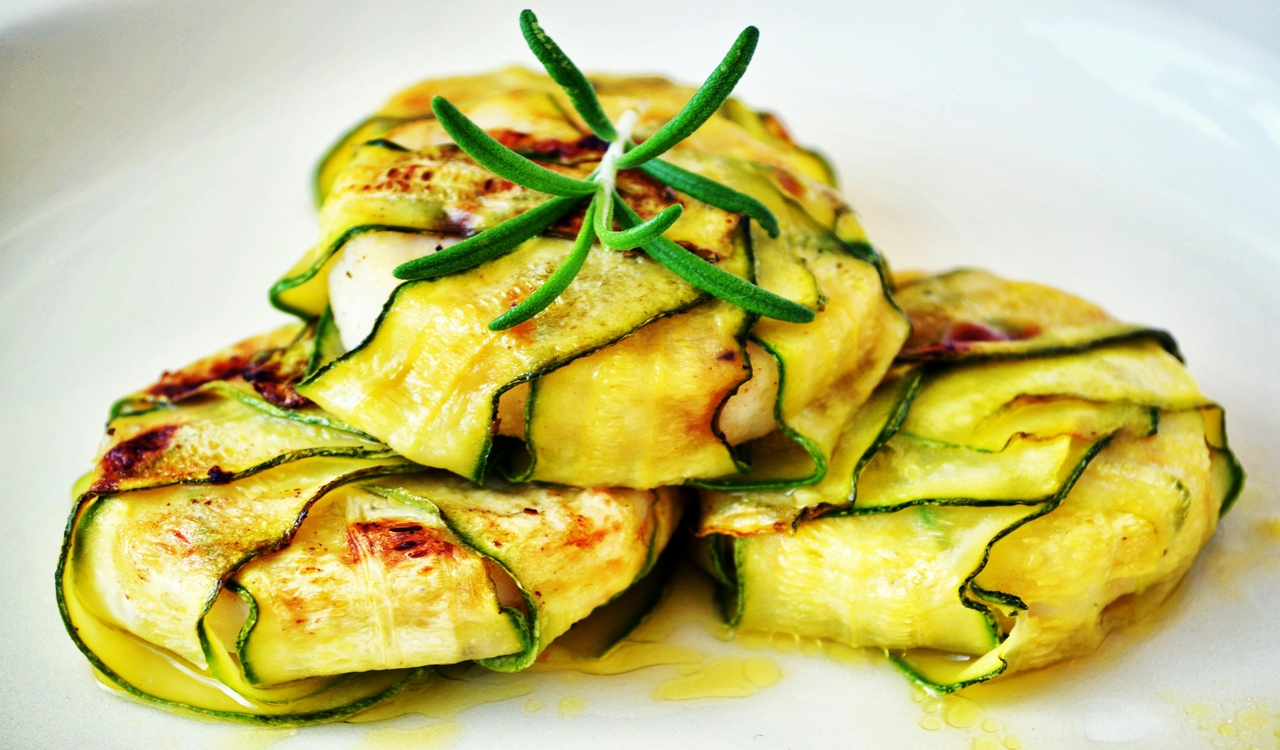9 Dangerous Desserts People Still Risk Eating

Desserts are meant to bring joy, but some carry hidden dangers you might not expect. Raw ingredients, undercooked eggs, or contaminated components can turn a sweet indulgence into a health risk. From homemade treats to international delicacies, many popular desserts can harbor bacteria, allergens, or harmful additives. Knowing which sweets are risky and why can help you enjoy dessert safely without compromising your health or that of your loved ones.
1. Raw Cookie Dough and Cake Batter
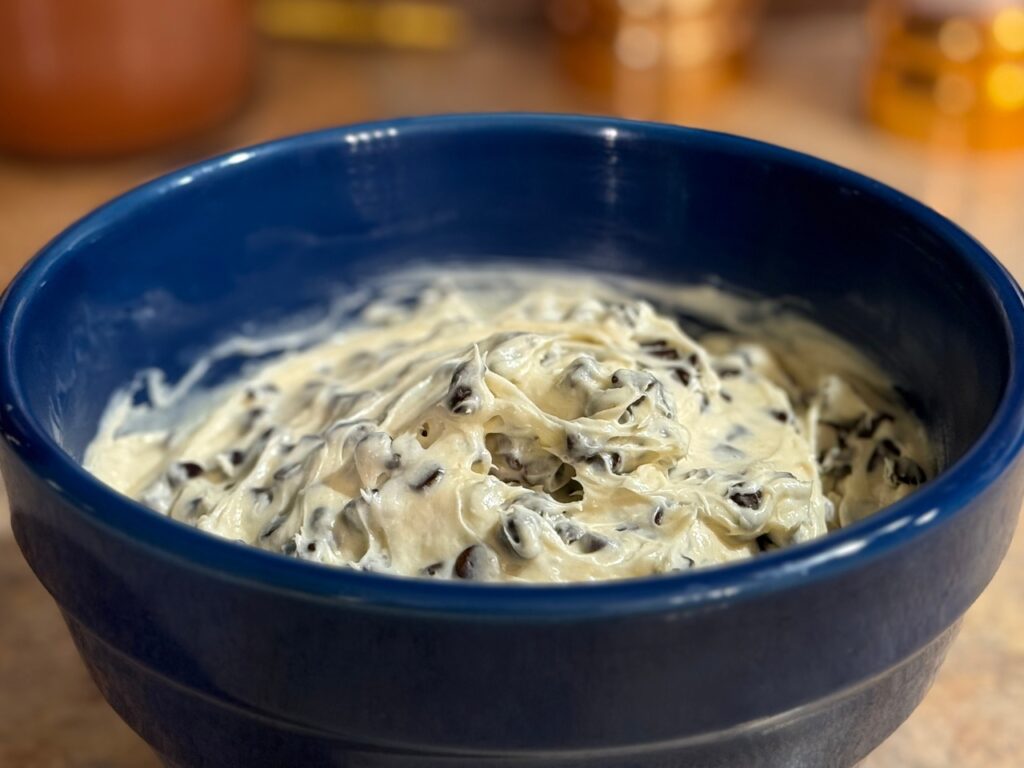
The temptation to eat raw cookie dough or cake batter is universal, but it comes with real risks. Raw eggs in these mixtures can contain Salmonella, causing nausea, vomiting, diarrhea, and abdominal cramps. Flour isn’t safe either; it can harbor E. coli bacteria, which can lead to severe gastrointestinal illness. Even small bites can be dangerous, yet many people indulge without realizing the potential consequences. If you want the dough experience, choose pasteurized eggs or edible cookie dough brands specifically made to be safe.
2. Undercooked Cheesecake
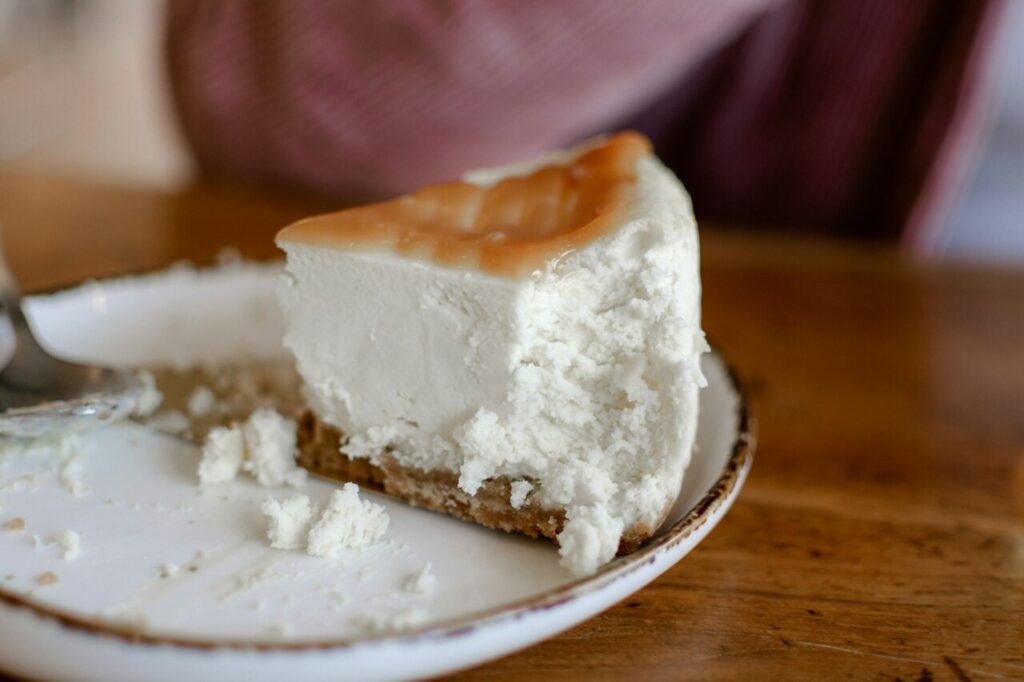
Cheesecake is a creamy, irresistible dessert, but underbaked versions can harbor harmful bacteria. The mix of cream cheese and eggs creates an ideal environment for Salmonella if the dessert isn’t fully cooked. Even slightly undercooked cheesecake can trigger foodborne illness, causing stomach pain, vomiting, or fever. Many people assume it’s safe because it’s baked, but temperature matters. To enjoy cheesecake safely, ensure it reaches the proper internal temperature, and avoid leaving it out at room temperature for extended periods.
3. Unpasteurized Dairy Desserts
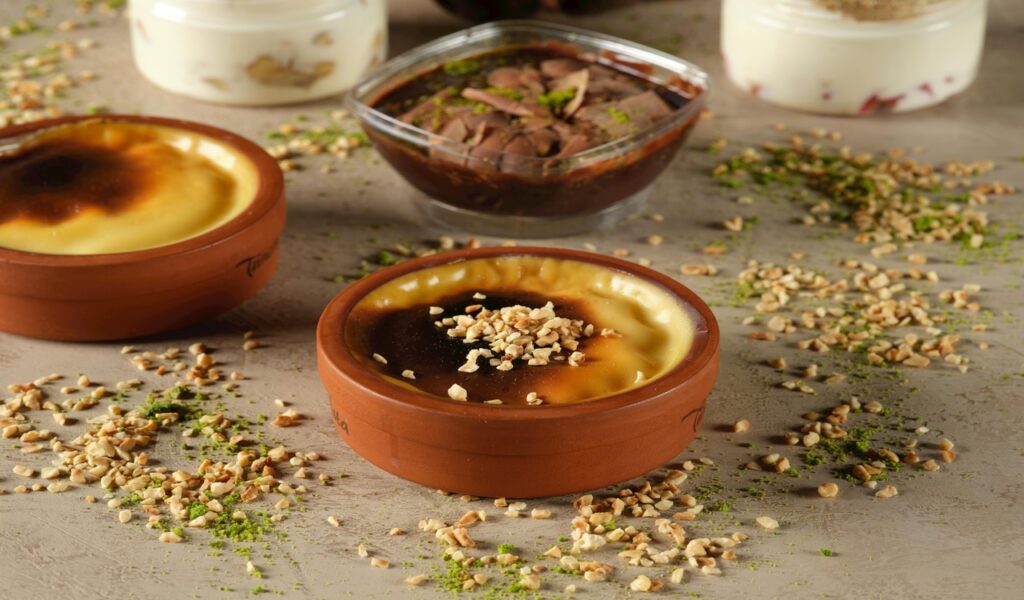
Certain ice creams, puddings, or custards made with unpasteurized milk can carry Listeria, a bacterium dangerous to pregnant women, infants, the elderly, and immunocompromised individuals. Listeriosis can cause fever, muscle aches, nausea, or even miscarriage in severe cases. While artisanal and homemade desserts are appealing, they sometimes skip pasteurization to preserve flavor, creating serious health risks. Choosing desserts made from pasteurized dairy or commercially tested products can allow you to enjoy creamy treats without exposing yourself to harmful bacteria.
4. Contaminated Pastries

Pastries from unregulated or unsafe sources can be contaminated with harmful chemicals like pesticides or improperly stored ingredients. A tragic example occurred in Pakistan in 2016, when 23 people died after eating pastries thought to contain pesticides. Such incidents underscore the importance of buying baked goods from reputable bakeries or shops that follow strict food safety standards. Even seemingly harmless pastries can pose a serious threat if storage, hygiene, or ingredient sourcing is compromised. Always be cautious with unfamiliar dessert sources.
5. Undeclared Allergens in Imported Sweets

Imported desserts can contain allergens not listed on packaging due to differing food labeling regulations in other countries. For example, certain chocolates from the Middle East or Asia have been recalled in Europe for containing peanuts, almonds, or cashews that weren’t declared. For anyone with nut or other food allergies, consuming these treats can lead to severe reactions, including anaphylaxis. Always read ingredient labels carefully, research foreign brands before trying them, and avoid tasting unfamiliar sweets if you have known allergies.
6. Deep-Fried Desserts

Deep-fried desserts, from doughnuts to tempura ice cream, are indulgent but risky if eaten frequently. The frying process saturates sweets with fat and calories, which can increase the risk of obesity, heart disease, and high cholesterol. While an occasional treat is fine, overindulgence adds long-term health concerns. Additionally, oil quality matters; reused or overheated oils can produce harmful compounds. You can enjoy deep-fried desserts safely by limiting frequency, sharing portions, and choosing places that use fresh, high-quality oil.
7. Desserts with Raw or Undercooked Eggs

Classic desserts like tiramisu, mousse, and some custards rely on raw or lightly cooked eggs for texture and flavor. Raw eggs carry Salmonella, which can cause severe food poisoning, particularly in pregnant women, elderly individuals, and those with weakened immune systems. Even if the risk seems small, it’s present enough to warrant caution. Using pasteurized eggs, egg substitutes, or fully cooking recipes can reduce the risk. Being mindful of these desserts, especially in restaurants or homemade versions, helps you indulge safely.
8. Desserts Containing Artificial Additives

Some store-bought desserts are loaded with artificial additives like colorings, preservatives, and emulsifiers to enhance appearance and shelf life. Ingredients such as Polysorbate 80 or certain artificial dyes have been linked to digestive issues and possible disruptions to gut microbiota. Frequent consumption may increase long-term health risks, including inflammation or sensitivity reactions. If you love desserts but want to stay healthy, opt for treats with natural ingredients, read labels carefully, and prioritize fresh, minimally processed options to reduce exposure to additives.
9. Desserts with High Sugar Content
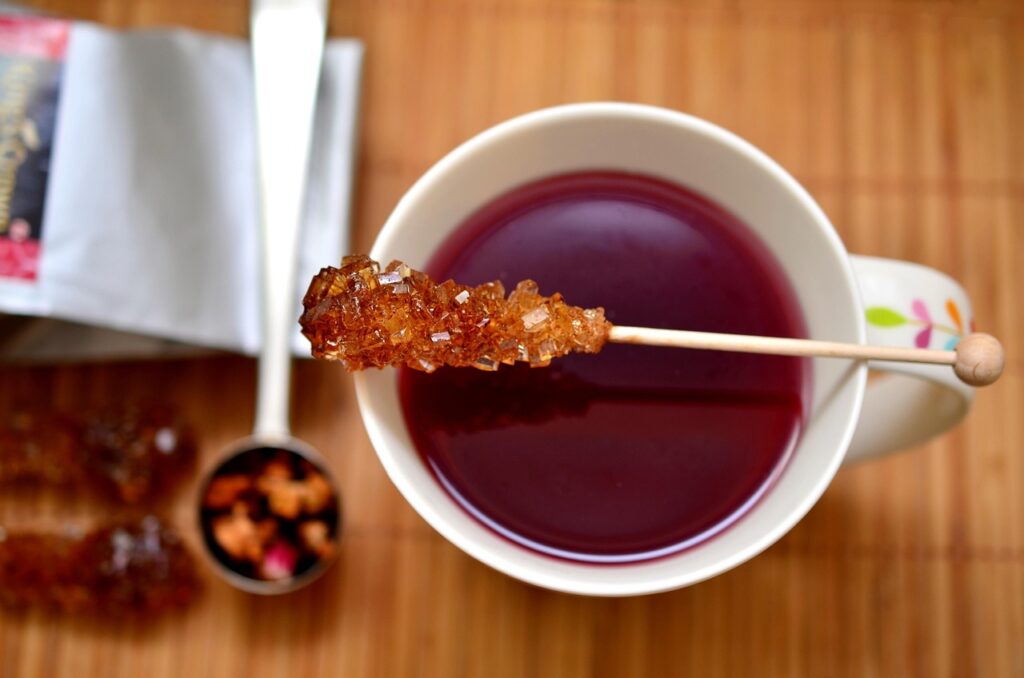
Desserts high in sugar, like pastries, cakes, and sweetened beverages, are not immediately toxic but carry serious long-term risks. Regularly consuming excess sugar increases the likelihood of obesity, type 2 diabetes, heart disease, and dental problems. Hidden sugars in processed desserts can be surprising, often listed under multiple names on labels. To satisfy your sweet tooth safely, choose desserts with lower sugar content, natural sweeteners, or fruit-based options. Enjoying dessert mindfully allows you to indulge without compromising your overall health.



